Eating a Healthy Balanced Diet is One of the Most Important Things Students Can Do to Protect their Health
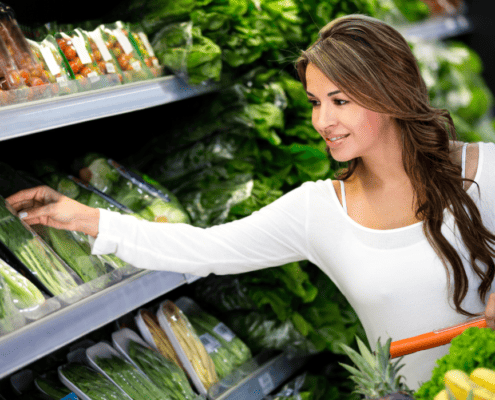
When you ask most people around the world what it takes to be healthy, you’ll probably hear them talking about a healthy balanced diet. But what does that mean? For some people, it might mean avoiding junk food like fries and burgers. For other people, it might mean avoiding sugary foods such as candy and ice cream. When you get different answers to the same question, you can end up confused or worse, consume an unhealthy diet. In this post, we are going to talk about the benefits of consuming a healthy diet and how students can protect their health in the long run. Let’s get started!
Defining healthy eating habits
A healthy diet is usually comprised of whole foods. This means that students should consume foods that are closest to their original form. When food is processed or refined, its fiber, minerals, and vitamins get stripped and in most instances, preservatives are added. Research studies have found that plant-based diets are the best for the body because they lower the risk of chronic diseases since they usually include essential nutrients like potassium and healthy fiber. Students can cultivate a good relationship with food when they focus on adding to their plate foods that will improve their health such as berries and nuts.
A healthy diet and academic performance
To get good grades and achieve your goals, you need to consume healthy foods. In America, obesity continues to be a major problem with 34 percent of adults above the age of 20 being overweight. Changing the food and drinks that you consume will promote health and wellbeing. Students who consume healthy foods tend to perform better than their counterparts who consume junk and soda every day. It’s difficult to achieve your goals without good health. Keep in mind that health is not your birthright but something that you earn every day depending on your eating patterns and regular activities.
A healthy diet and mental health
A healthy diet does not just promote physical health but also mental health. Various research studies have shown that food choices have a huge impact on mental health. A research study conducted by Clinical Nutrition Research found out that diets rich in minerals and vitamins reduce the risk of various mental disorders such as depression, anxiety, and attention deficit or hyperactivity disorder.
A healthy diet and weight management
Being obese or overweight have been linked to a wide range of health conditions. According to the CDC, having a high body mass index means that you need to lose weight. Fortunately, consuming a high-quality diet can help you achieve your goals. Thanks to dissertation help, you can start eating mindfully. Don’t eat too fast or when you’re feeling full.
Benefits of a healthy lifestyle
The benefits of a healthy lifestyle cannot be ignored. Students who make healthy food decisions lower their risk of certain cancers, cardiovascular diseases, obesity, anxiety, and depression. You’ll feel better about yourself and you’ll have more energy every day. According to a study conducted by the American Journal of Clinical Nutrition, a healthy diet reduces the chances of early death by 56 percent. Nutritionists define a healthy diet as comprised of whole grains, nuts, vegetables, fish, and fruits. On the other hand, regular intake of junk and processed meats greatly increase the risk of early death.
Changing and improving your eating habits
If you’ve formed the habit of eating unhealthy foods regularly, it can be difficult to change your eating habits. However, it’s not impossible. Here are a few steps that you need to take to achieve your goal:
1. Create a plan for your healthy diet
The most effective way to change your eating habits is by creating a solid plan of action. As the popular saying goes, failing to plan is planning to fail. You need to create a plan that you can follow in the long run. Don’t be too harsh on yourself.
2. Save money by carrying packed lunch
Instead of spending a few dollars buying junk food and soda for lunch, you should consider bringing your lunch to school. It’s one of the best ways to achieve your goal while saving thousands of dollars in the long run. You don’t have to cook every morning. All you need to do is pack your dinner leftovers. You can delegate tasks to essay writing service UK to find time to prepare a healthy dinner.
3. Don’t buy unhealthy foods
If you have unhealthy foods in your kitchen or fridge, now is the best time to do away with them. You need to think of investing in high-quality foods only. This will reduce the chances of eating junk and falling back to your old habits. Before visiting the grocery store, make a shopping list that largely includes fruits and vegetables.
4. Take baby steps
You need to focus on setting small goals that you can easily achieve. For instance, you can set a goal of consuming vegetables and fruits before supper or a smoothie every morning. It can be difficult to change your eating habits especially if you were used to consuming unhealthy foods regularly. Taking baby steps will ensure that you achieve your goals without a lot of struggle.
5. Monitor your food choices
One of the best ways to monitor your food choices is by starting a journal. This journal is not about tracking calories but helping you to know more about your food habits. Understanding your habits is an essential step towards food behavioral changes. Revisiting your food diary regularly will help you become aware of your food choices and help you eliminate unhealthy ones.
Some of the foods that you need to include in your diet are:
- Fruits: mango, bananas, melons, berries, and apples
- Legumes: Lentils, beans, hummus, dried peas
- Whole grains: Whole grain bread, millet, brown rice, quinoa, and amaranth
- Nuts and seeds: cashew nuts, almonds, pumpkin seeds, cashews, and sunflower
Conclusion
Students need to consume a healthy diet to live longer and become successful. By following the tips that we’ve discussed in this post, you’ll not only help yourself but the world too.
Author Bio:
Emily Harrinson is one of the most influential editors at custom essay service in the online world. She has been working in this company since 2006. Her hobby is reading books. But besides that, Emily is fond of sports and music. She is a very positive person.
NutriFusion®
NutriFusion develops all‐natural fruit and vegetable powders that are nutrient dense for when you do not have access to fresh produce…and even when you do to improve your vitamin intake. Sourcing only whole, non-GMO foods, NutriFusion offers consumers a concentrated micronutrient and phytonutrient-rich food ingredient blends. With a farm-to-table philosophy, NutriFusion’s proprietary process stabilizes the nutrients from perishable fruits and vegetables, allowing a longer shelf life and access to vital nutrients.
NutriFusion fruit and/or vegetable powders are for use in foods, beverages, supplements, and pet foods.
NutriFusion can help! Visit us at www.nutrifusion.com


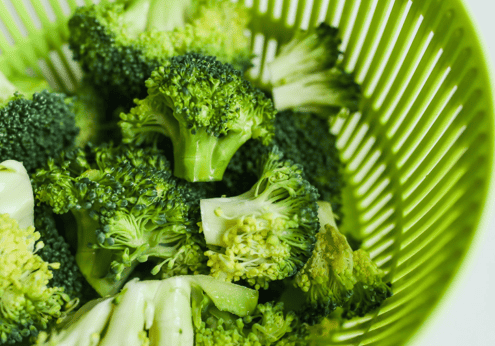
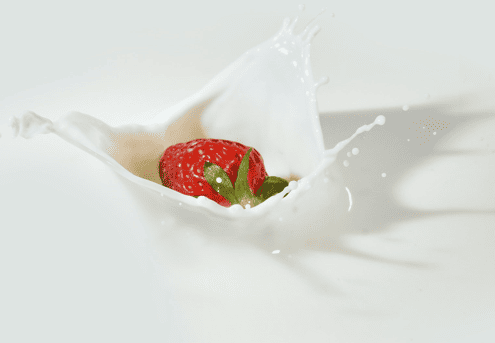



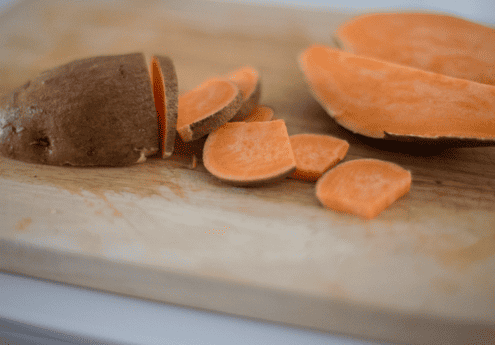
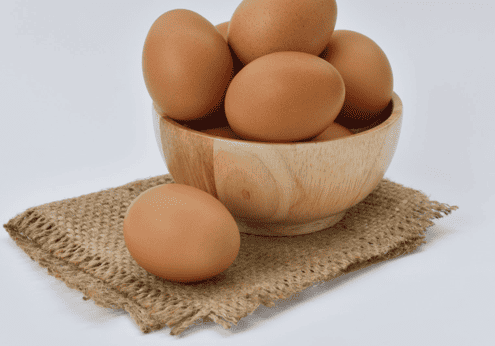

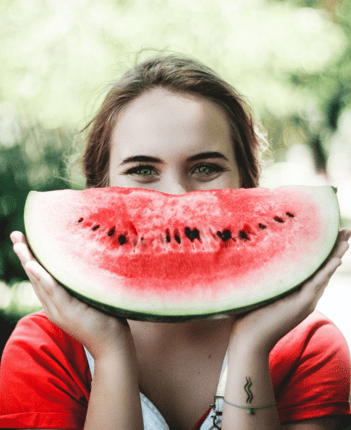 As the world begins to reopen and some semblance of normalcy begins to re-enter our lives, most, if not all people will be carrying to some extent, burdens of stress and anxiety in their lives. 2020 and the first half of 2021 have certainly been trying times for many and our mental health has been tested through and through. We decided it would be a good idea to celebrate the month of May and
As the world begins to reopen and some semblance of normalcy begins to re-enter our lives, most, if not all people will be carrying to some extent, burdens of stress and anxiety in their lives. 2020 and the first half of 2021 have certainly been trying times for many and our mental health has been tested through and through. We decided it would be a good idea to celebrate the month of May and 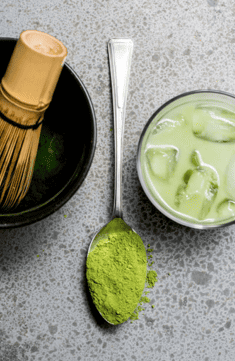
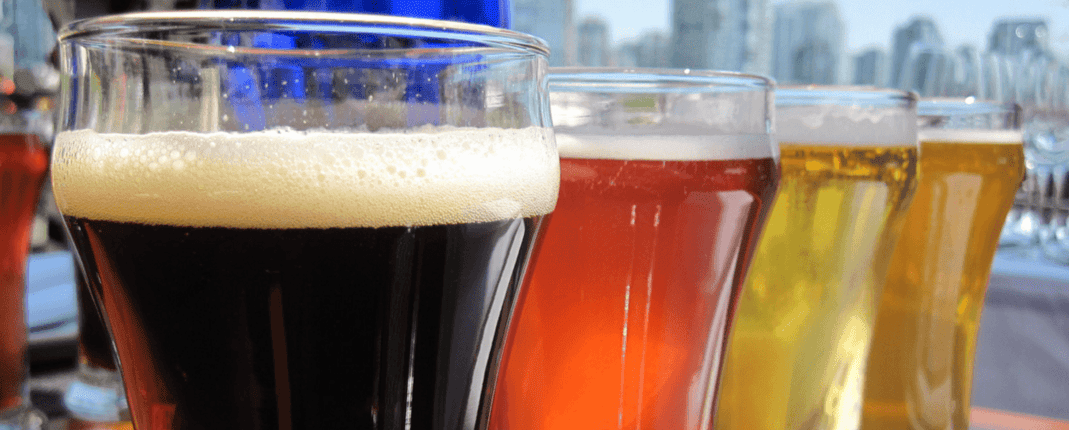


 While it may appear that snacking is purely a physical activity, the way that you snack is heavily
While it may appear that snacking is purely a physical activity, the way that you snack is heavily 


